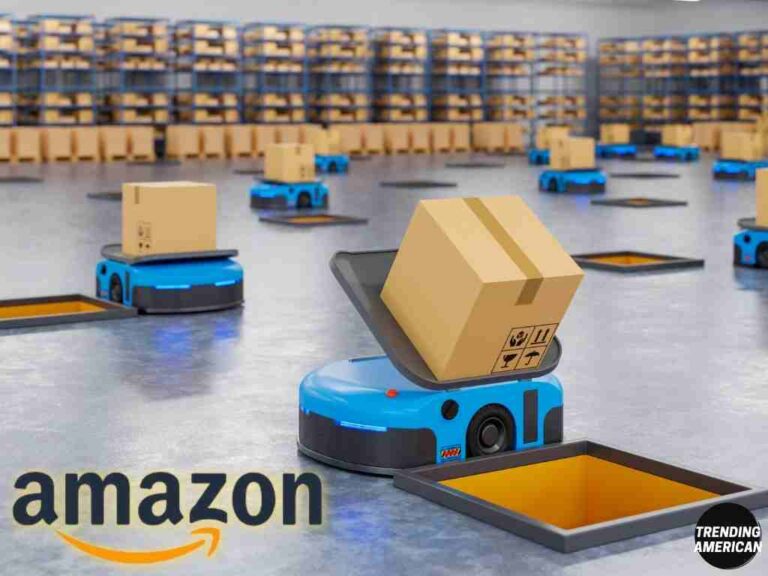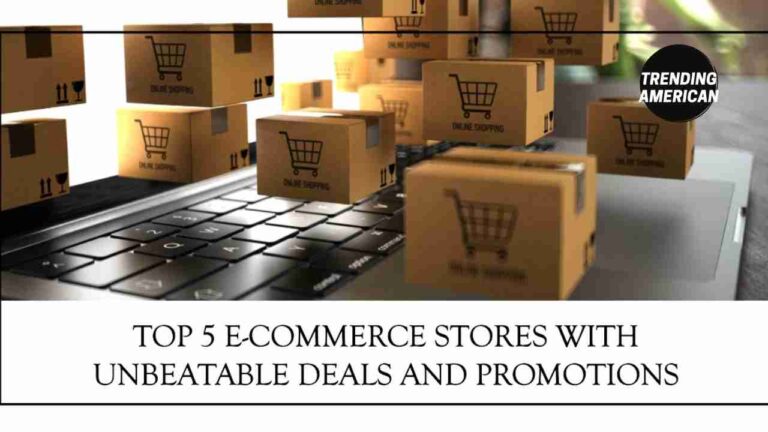How can blockchain technology help streamline your eCommerce supply chain?
As reported by PR Newswire, the global blockchain in the supply chain management market was worth $262.9 million in 2021 and is now forecasted to reach $3153.7 million in 2028. This means it is expected to grow annually at a CAGR of around 51.3% (2022-2028). This in turn demands your eCommerce business to move faster than ever in the market.
Implementing blockchain technology is one way to speed up your eCommerce supply chain. Blockchain is a decentralized or distributed ledger that helps record transactions among various parties in a secure, transparent, verifiable, and tamper-proof way. As per a report by Invespro, businesses with an optimized supply chain can bring about 79% more revenue growth with 15% lower supply chain costs. This makes it an ideal choice for businesses to streamline their eCommerce supply chain and improve efficiencies.
Undoubtedly, blockchain technology has many benefits in the eCommerce supply chain. Some advantages include improved security, traceability, transparency, cost-effectiveness, and many more. But to improve your eCommerce business with blockchain technology, you need to select the right approach and the right eCommerce app development company that meets your business requirements.
To help you out, we have listed some of the different ways blockchain can be used to streamline the eCommerce supply chain.
Ways blockchain technology can be applied to the eCommerce supply chain
As customer expectations continue to rise, eCommerce businesses must find new ways to improve their supply chain management. One way to do this is by implementing blockchain technology. Here are some different ways blockchain can be used in the eCommerce supply chain:
1. Using blockchain to enhance traceability
Traceability is the process of tracking and tracing an item’s movement or location from production to delivery. It is a critical part of supply chain management as it can help businesses ensure their products’ quality and meet regulatory requirements. If a company discovers a faulty product, blockchain technology can be used to trace the product back to its origin quickly and efficiently.
This would help businesses take corrective measures immediately and avoid any further damage.
For example, IBM built a safer food supply chain by integrating blockchain into its supply chain operations. The company founded IBM Food Trust and has partnered with Walmart to trace fresh produce and other food items using blockchain. Also, companies all across the world are therefore in the process of adopting blockchain to achieve end-to-end traceability in their supply chain.
2. Using blockchain to improve data security
It is an undeniable fact that as technology advances, the need to store and protect data also increases. In the eCommerce business, customer data is one of the most important assets. Thus, it becomes extremely significant to store this data securely. As per Statista, 14.6 percent of phishing attacks worldwide during the first quarter of 2022 targeted the retail and eCommerce industry. As the eCommerce supply chain depends majorly on data exchange between consumers, online platforms, and vendors, this makes data security a top concern for businesses of all sizes.
Nowadays, companies are following different ways to mitigate data risks. Firstly, they are partnering with eCommerce app development companies to develop decentralized apps (dApps). This can help check data integrity, authenticity and communicate with the blockchain to prevent any errors. Secondly, they are constantly conducting physical audits when products enter the supply chain to ensure that the data collected is accurate and matches the blockchain records. Thirdly, they are also investing in robust IoT devices and IoT sensors to automatically scan and record data onto the blockchain. This way, businesses can be certain that the data stored on the blockchain is secure and tamper-proof.
3. Using blockchain to enable fast and secure eCommerce transactions
When it comes to blockchain, secure and fast transactions come as a priority. For the eCommerce industry, this is a major advantage as it can help businesses streamline the payment process and reduce fraudulent activities. According to Statista, e-commerce losses to online payment fraud were estimated at $20 billion globally in 2021. It is approximately 14 percent growth as compared to the $17.5 billion in 2020. Therefore, it becomes essential to have a secure and fast payment system in place to avoid any financial losses.
Blockchain technology can help businesses achieve this by providing a decentralized and tamper-proof platform for making transactions. This way, businesses can ensure that all the payments made through the eCommerce platform are secure and there is no scope for any fraud. Moreover, blockchain can handle over 10,000 transactions per second with an average finality time of 2-3 seconds. This is much faster than the traditional payment systems which can only handle a few transactions per second.
4. Using blockchain to reduce shipping costs
IBM, a leader in blockchain innovation, aims to use blockchain technology to reduce the cost of shipping. The company has partnered with Maersk, the world’s largest container ship operator, to create a new blockchain-based shipping solution called TradeLens. This will help businesses track their shipments and automate the documentation process.
Moreover, in 2018, IBM estimated that complete digitalization of the shipping industry could save carriers up to $38 billion per year. But unfortunately, the shipping industry is still reliant on paper-based documentation which is time-consuming and prone to errors. Blockchain can help businesses overcome this challenge by using smart contracts to automate the documentation process. This way, businesses can save time and money by reducing the need for manual labor.
5. Using blockchain to provide easy access to receipts and warranties
As customers, we are always on a hunt to have easy access to our receipts and warranties. But often, these documents get lost in the shuffle or we forget to keep them safe. This can turn out to be a major problem, especially when we need to return or exchange a product. But with blockchain, businesses can store all the customer receipts and warranties on the blockchain.
This way, customers can easily access their documents from any device with an internet connection. For example, a Warranty is a service that transfers product warranties from paper to the cloud via blockchain. This way, customers can easily keep track of their warranties and businesses can save on the cost of paper documentation.
Apart from the above mentioned ways, blockchain has the potential to secure eCommerce supply chains in multiple ways. As the use of blockchain technology increases, we can expect to see more innovative and efficient solutions in the coming future. Moreover, by staying up to date with the technology trends, eCommerce companies can streamline their supply chain.







